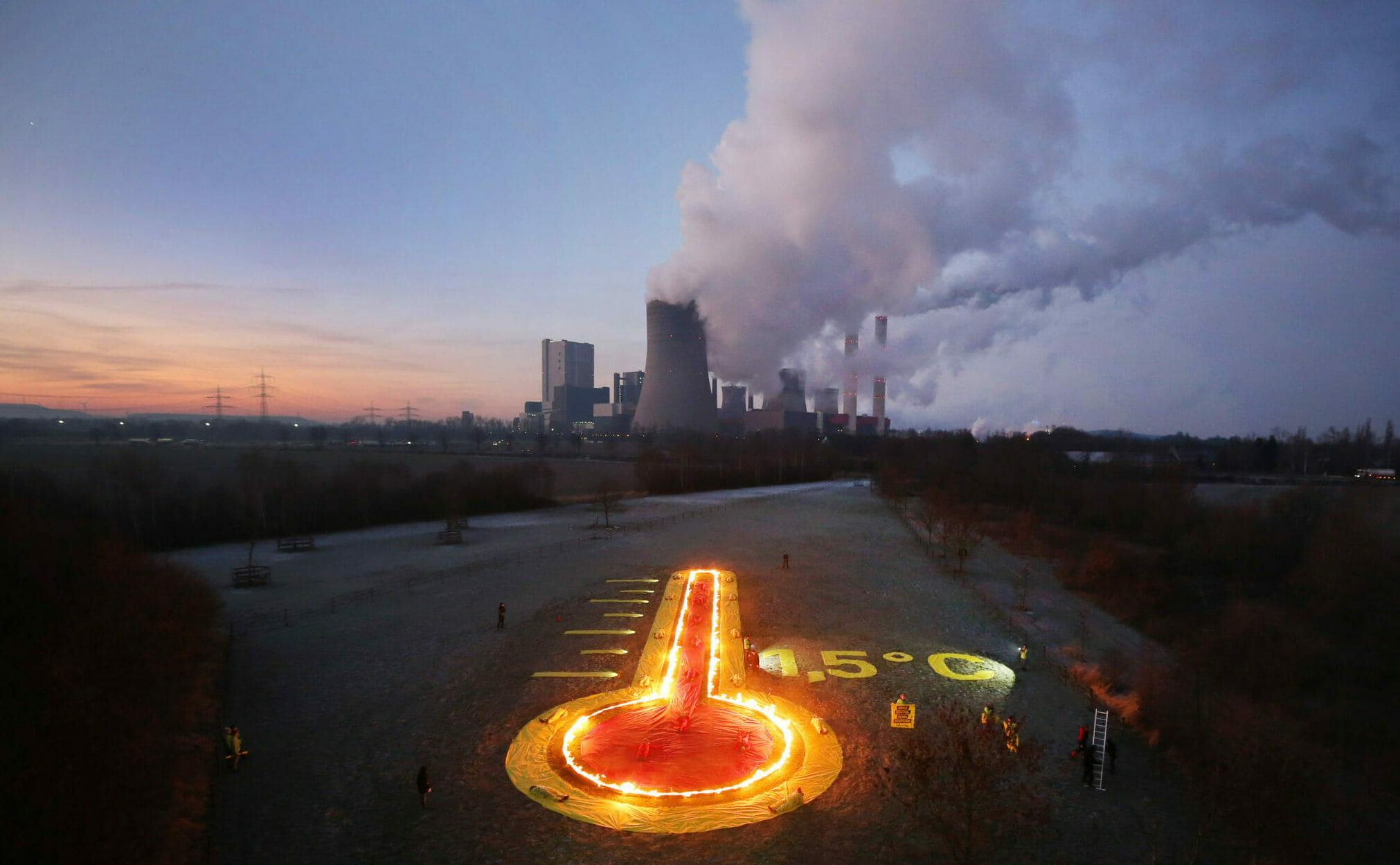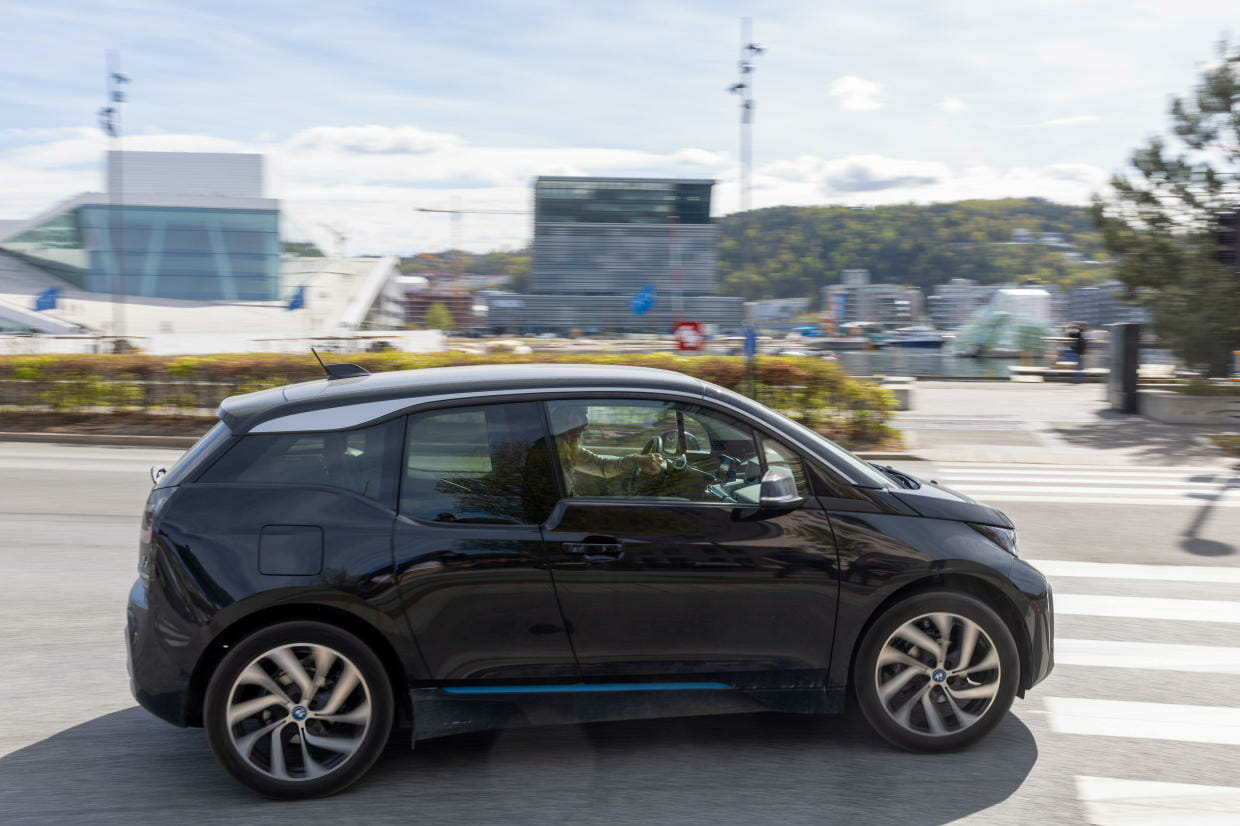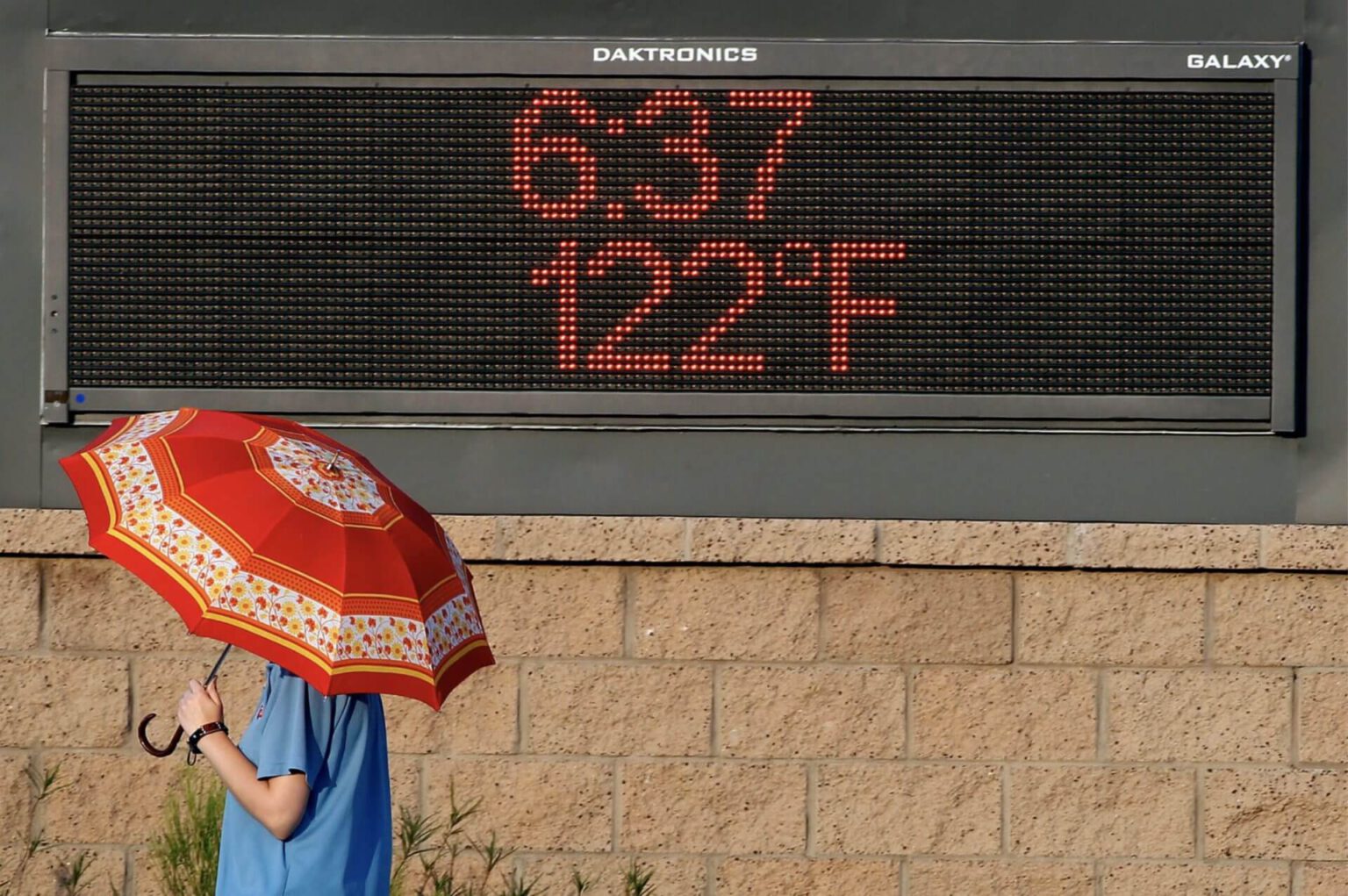The latest IPCC report is essential reading for all climate journalists, but its prose is difficult for non-specialists to decipher. Here are some highlights from the “Summary For Policymakers,” translated into plain English, as well as some notable quotes from climate luminaries, to inform your coverage of this landmark report.
- “Everything, Everywhere, All At Once.” Borrowing the title of this year’s “Best Picture” Oscar, UN Secretary-General António Guterres said that countries must now do “everything, everywhere, all at once” to limit heat-trapping emissions. That means, per the International Energy Agency, zero new oil, gas, or coal development. This scientific imperative is being flouted by the world’s two leading climate superpowers, as the US just approved the massive Willow oil project in Alaska and China last year authorized construction of 106 gigawatts worth of new coal plants. Meanwhile, that movie title also applies to the impacts of climate change, which this report documents are also striking “everything, everywhere, all at once.”
- Climate solutions, climate justice, and climate speed are key themes of the report. If we “act now,” says IPCC chair Hoesung Lee, we have the solutions “to secure a livable, sustainable future for all.” But we must act today, not tomorrow. And we must be guided by fairness. Almost half of the world’s population lives in places that are “highly vulnerable to climate change,” where “deaths from floods, drought, and storms [have been] 15 times higher” than elsewhere.
- Here is a quote on justice from the report, followed by a translation into plain English:
- IPCC quote: “Increasing weather and climate extreme events have exposed millions of people to acute food insecurity and reduced water security, with the largest adverse impacts observed in many locations and/or communities in Africa, Asia, Central and South America, LDCs, Small Islands and the Arctic, and globally for Indigenous Peoples, small-scale food producers and low-income households.”
- CCNow translation: People are starving, now, because of climate change, especially in poor countries throughout the Global South.
- Many scientists and officials stress that this report also offers hope. This is not mere PR or wishful thinking: Limiting temperature rise to 1.5 degrees Celsius is still technically feasible.
- IPCC quote: “Deep, rapid, and sustained reductions in greenhouse gas emissions would lead to a discernible slowdown in global warming within around two decades….”
- CCNow translation: Global temperatures will stop rising if we slash heat-trapping emissions, starting now.
- Success requires ample funding for much stronger action in developing countries.
- IPCC quote: “The adoption of low-emission technologies lags in most developing countries, particularly least developed ones…. If climate goals are to be achieved, both adaptation and mitigation financing would need to increase many-fold. There is sufficient global capital to close the global investment gaps but there are barriers to redirect capital to climate action.”
- CCNow translation: The world has plenty of money to tackle this problem, but Global North countries and institutions must finally fulfill their legal obligation to provide $100 billion in annual climate aid — and much more than that going forward.
- Slashing emissions alone won’t suffice; removing CO2 from the atmosphere is now also essential.
- IPCC quote: “Reaching net zero GHG [greenhouse gas] emissions primarily requires deep reductions in CO2, methane, and other GHG emissions, and implies net-negative CO2 emissions. Carbon dioxide removal (CDR) will be necessary to achieve net-negative CO2 emissions.”
- CCNow translation: Zeroing out emissions is the first, second, and third order of business. But that will only stabilize the concentration of heat-trapping emissions in the atmosphere, currently at 420 parts per million. Remaining at that level would result in massive amounts of sea level rise in the coming centuries, so ways must be found to remove CO2 from the atmosphere, whether through natural methods (i.e. plants and soil) or artificial ones (e.g., limestone extraction). Here, be careful not to conflate the scientific imperative of carbon dioxide removal with carbon capture and storage, which is an economic choice that enables continued fossil fuel burning.
- So-called “overshoot” of the 1.5-degree-C target is very possible but must be absolutely minimized: 1.6 degrees C is safer than 1.7C.
- IPCC quote: “If warming exceeds a specified level such as 1.5°C, it could gradually be reduced again by achieving and sustaining net negative global CO2 emissions. This would require additional deployment of carbon dioxide removal .… Overshoot entails adverse impacts, some irreversible, and additional risks for human and natural systems, all growing with the magnitude and duration of overshoot.”
- CCNow translation: Because humanity didn’t act sooner, carbon dioxide removal will be necessary to keep future temperature rise as close to 1.5 degrees C as possible. But every fraction of a degree boosts the risks of catastrophic and irrevocable impacts.
- Finally, can you guess what — or, actually, who — is NOT mentioned in this report? Why, the companies that caused the problem — and then lied about it for decades to forestall remedies. Here’s the closest the report comes to naming the elephant in the room:
- IPCC quote: “Ambitious mitigation pathways imply large and sometimes disruptive changes in existing economic structures….”
- CCNow translation: Climate survival requires swiftly phasing out all oil, gas, and coal burning. But the business plans of ExxonMobil and other companies call for continuing fossil fuel production for decades to come. Journalists can bring heft to their coverage by asking these companies how they square those business plans with this latest summary of climate science, which Secretary-General Guterres hails as “a how-to guide to defuse the climate time bomb.”


